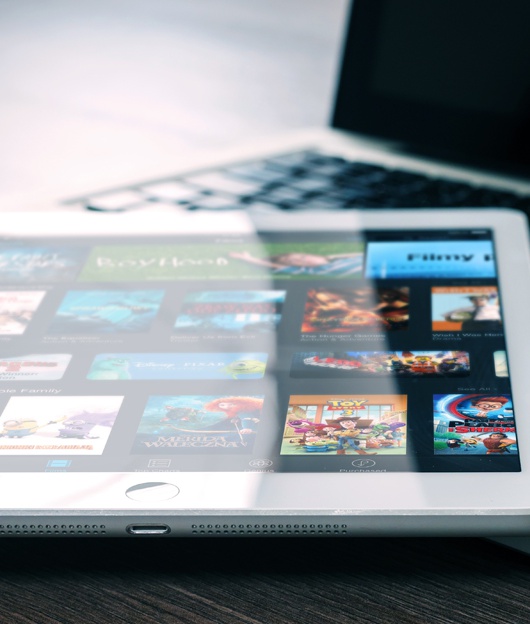Phone tapping is an important tool in the fight against crime. Police and security services will routinely monitor phone calls of suspected criminals and terrorists as part of their evidence gathering activities.
But criminals are in the on the game too. There are many activities that involve sharing sensitive personal information over the phone, such as phone banking. And wherever there is sensitive data, hackers are too.
This has led to a rise in phone tapping by criminals – so how do you know if you’re phone has been breached?
do you know if you’re phone has been breached?
Listen to the call quality
Mobile call quality is highly variable, but if you notice unusual background noises like static or humming, there may be a tap on the line. If the phone makes static noises even when you’re not on a call, there may be a serious problem.
Check your phone bill
Another sign that something may be wrong is rising cost of data usage on your account. Or you may run out of data allowance much quicker than expected. If data use is much higher than expected – and you can rule out a faulty app – it may be that hackers are using your data connection to relay voice calls and other personal information.
Choose your app downloads carefully
Mobile phone tapping usually relies on a malware-infected app to break into other functions, like voice calls. Official stores (like the Apple App Store and Google Play Store) tend to check the apps they host, making it much less likely that malware slips through the cracks. You should never install apps from untrusted sources.
Reboot regularly
Once they have hacked a smartphone, cybercriminals will use the built-in microphone to monitor general conversations – even when you’re not actually making phone calls. Because of this, your phone may not shut down correctly. You should reboot your phone regularly – if you run into problems, there’s a chance your phone may be tapped.
Listen out for interference
Ever notice how your phone causes radio interference when you’re on a call? This is perfectly normal – but only if it happens during a call. If you notice your phone is generating interference when it’s not in use, there’s a possibility that someone is listening in.
How to protect your phone
The best way to protect against phone tapping is to stop hackers before they break in. Which means preventing them from installing malware on your smartphone.
Panda Antivirus for Android provides anti-malware protection for your mobile devices, identifying suspicious behaviour and warning before you install potentially risks apps. The app also includes a secure VPN that protects your web browsing to stop snooping, and to block malware from downloading itself. You can install Panda Antivirus for Android free.
Phone tapping is still not as common as general hacking, but there is always a risk that you could become a victim if you don’t properly protect yourself. And if you encounter any combination of the problems listed here, you should reset your phone immediately.









4 comments
Hi,
Other interesting questions:
How some corporations are supposedly hacking smartphones routinely for the data stored in them, and what can you do about it? Can that personal/health/bank/business/log files be protected?
While a firewall has been considered as basic protection for some OSes why there is still no ‘stock firewall’ included in Android?
When will the vendors of unstoppable preinstalled phone apps start paying for the cpu/ram capacity they use on millions of phones?
Thanks.
Obviously the hackers are doing this by spying on you by saterllite so we invent screens they cant see threw from a distance and it is like a shield they use for laptops then the hacking rate will go down or find out what illegal saterllite they have hooked up and cut their cable because as of tomorrow thats what iam going to do find that cable.and screen protector.
that sounds good for a android but how do I protect myself from hackers on the smart phone. I am convinced that m y Apple phone is hacked.
how can I get these protections on my smart phone to protect conversations that include personal information?